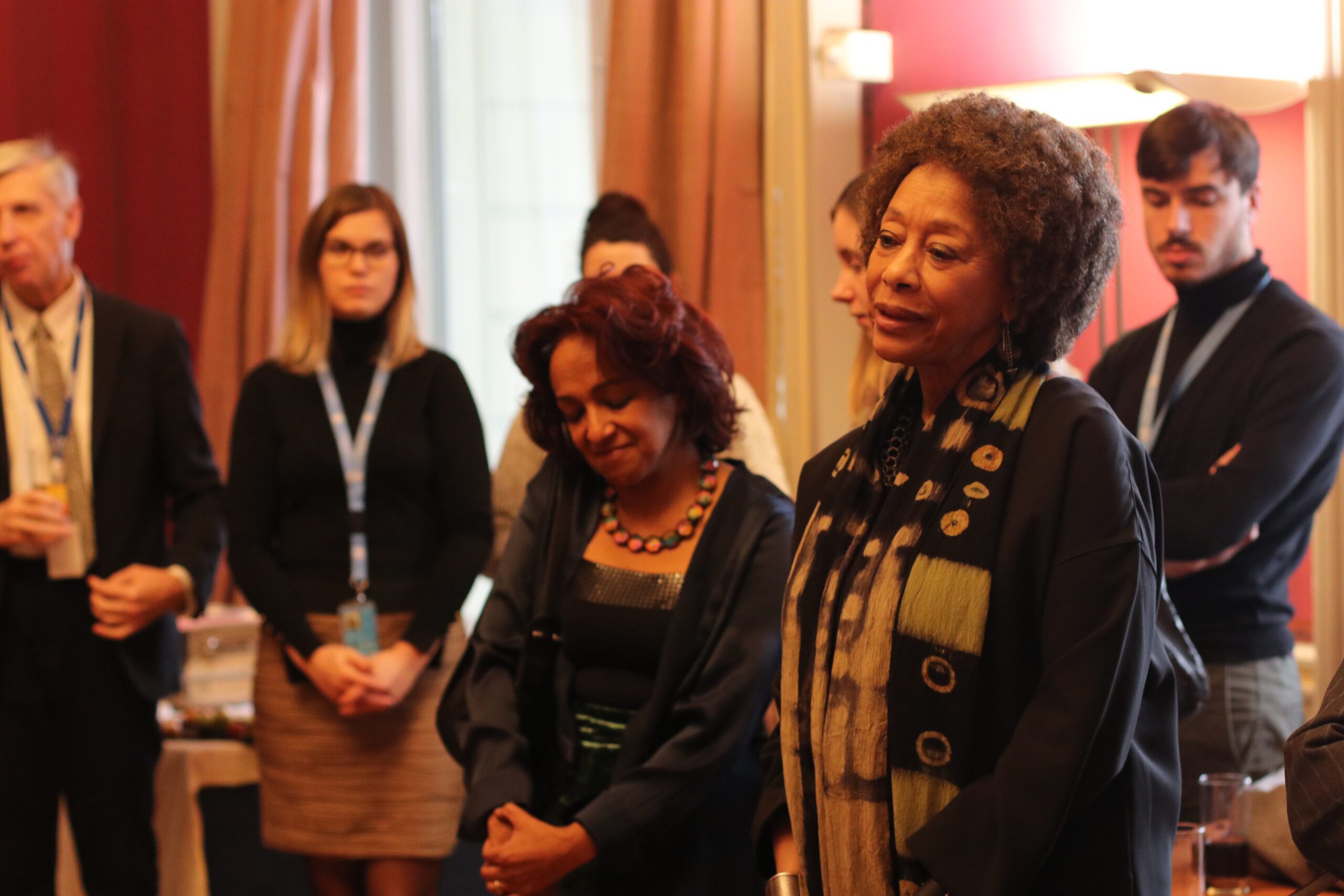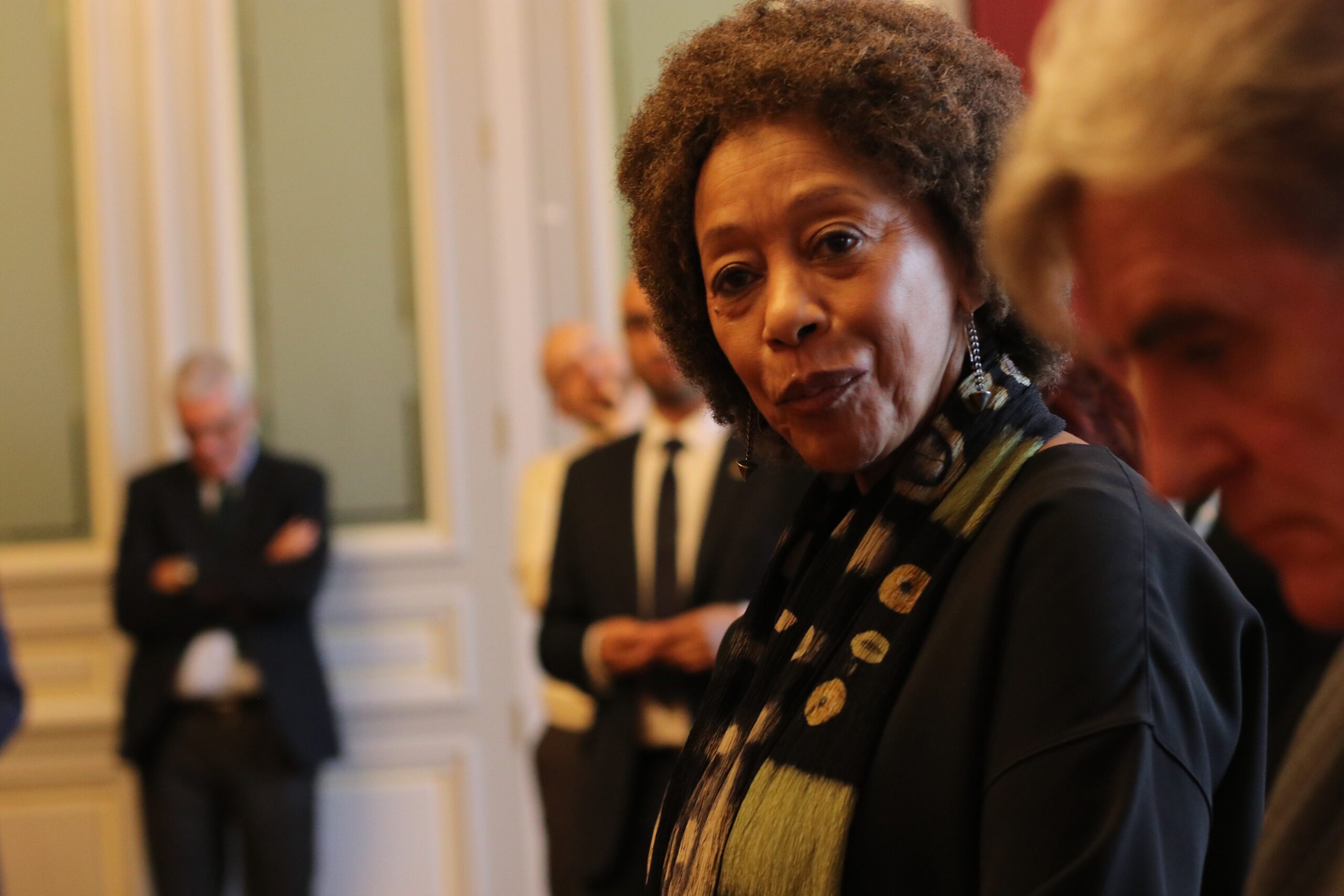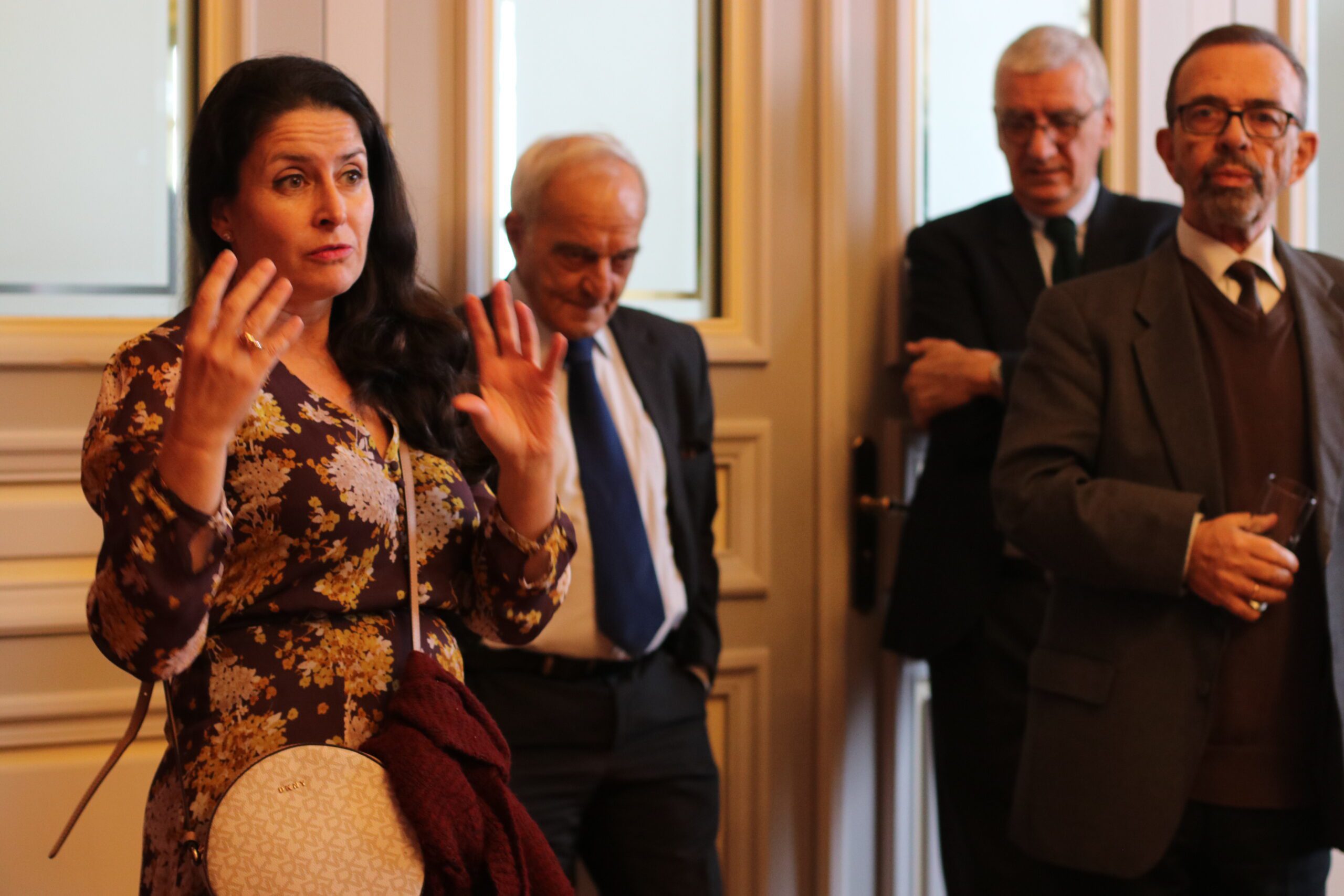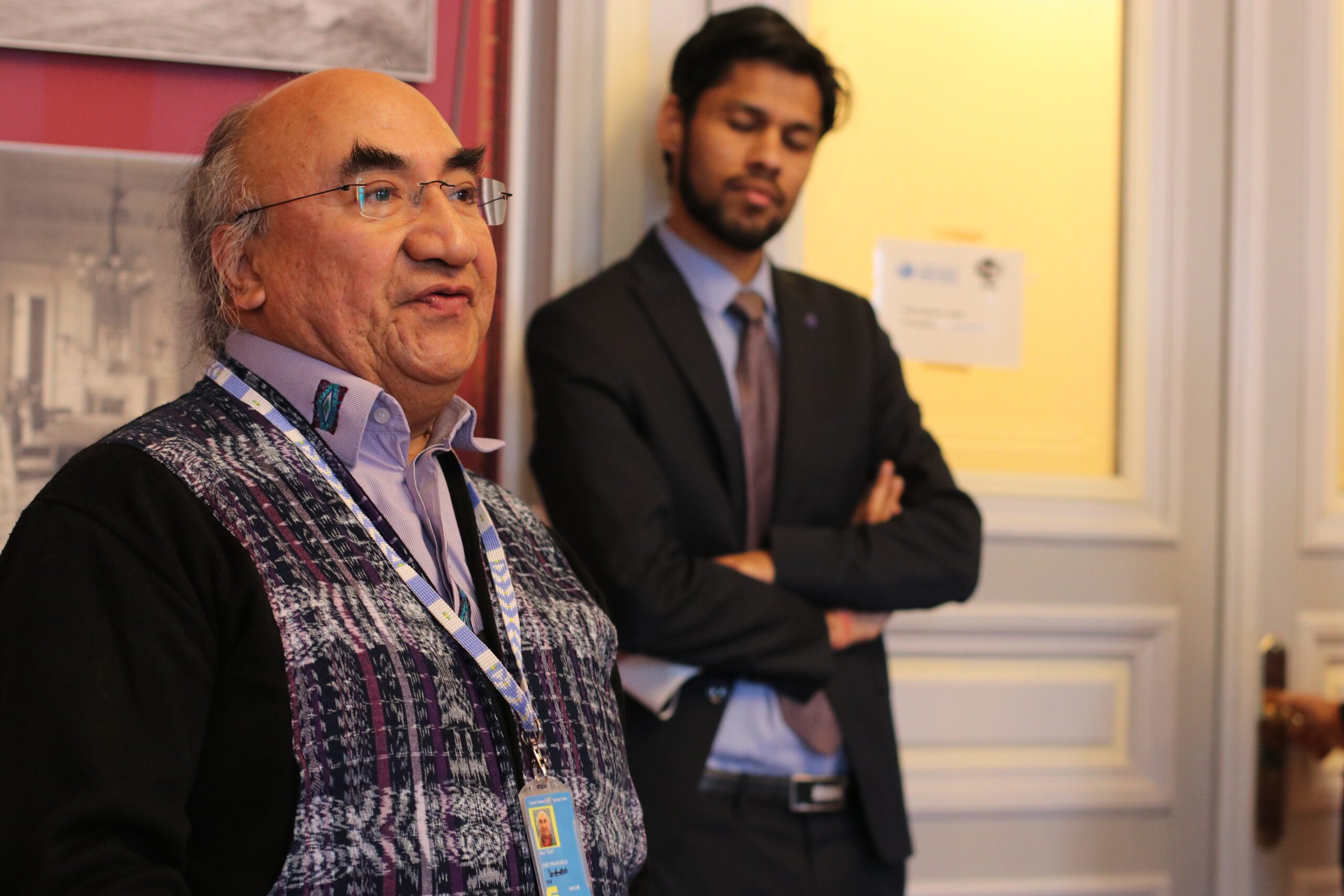Civil society organizations commemorate the 100th session of the CERD
Geneva, December 12, 2019. To commemorate the 100th session of the UN Committee for the Elimination of Racial Discrimination (CERD), The International Institute on Race, Equality and Human Rights (Race […]

Geneva, December 12, 2019. To commemorate the 100th session of the UN Committee for the Elimination of Racial Discrimination (CERD), The International Institute on Race, Equality and Human Rights (Race and Equality), the International Movement Against all Forms of Discrimination and Racism (IMADR) and The Minority Rights Group International (MRG), organized a reception on December 9 at the Palais Wilson in Geneva, Switzerland to congratulate the Committee for its tireless work towards ending racial discrimination.

CERD was the first treaty body to be established and the only one in existence for seven years. In its first session in 1970, the Committee had to set precedents, establish working methods and rules of procedure, which served as a blueprint for the work of all future treaty bodies. Since that moment, the Committee has held over 1,200 periodic reviews of 167 States, addressed tens of thousands of recommendations for States parties to bring their legislation, policies and practices in line with the International Convention on the Elimination of All Forms of Racial Discrimination (ICERD), and drafted more than 30 General Recommendations. The Committee has proven therefore, to be a key guardian of the rights of marginalized groups, including people of African descent, Roma, indigenous peoples, minorities, and persons discriminated against on the basis of caste or descent, non-citizens and migrants.

Furthermore, this moment was also an opportunity to thank the experts who are leaving the Committee at the end of this session for their great contributions to its work. Mr Alexei S.Antonomov, Mr. Francisco Jose Cali Tzai, and Ms. Maria Teresa Verdugo, were recognized for their defense of the most discriminated and marginalized sectors of our societies. It was also a time to acknowledge Mr. Pastor Murillo’s leading role in the Afro-descendent Year and Decade. Finally, we wanted to give special thanks to Ms. Gay McDougall for her commitment and solidarity with Afro-descendant communities in Latin America. Over her career, she has contributed significantly to the Colombians’ recognition of the multiple problems Afro-descendant communities face as the result of the persistence of racial discrimination. Also, we thanked her for being so outspoken for the rights of Haitians and Dominico-Haitians in the Dominican Republic throughout her distinguished career.
The experts responded to our gesture of gratitude by highlighting the role of the NGOs in connecting the realities on the ground with the work of the Committee. Ms. McDougall stated that the role of the Committee is nothing without the work of the NGOs and Mr. Cali Tzai noted the availability and openness of the members of the Committee to work with NGOs and find creative solutions in these challenging times. Ms Verdugo remarked on the need to increase the visibility of the CERD as we need to listen to the voices of the victims of racial discrimination.

This 100th session was a moment to commemorate but also to reflect on the challenges the CERD must face in future sessions. “We need a stronger Committee to denounce the rising levels of racism and discrimination in the world today, particularly in the Americas and Europe,” said Carlos Quesada, Executive Director of Race and Equality. To do so, we will continue building bridges between the work of the Committee and our Latin American partners, bringing and supporting activists to advocate for the rights of marginalized communities before the CERD.

